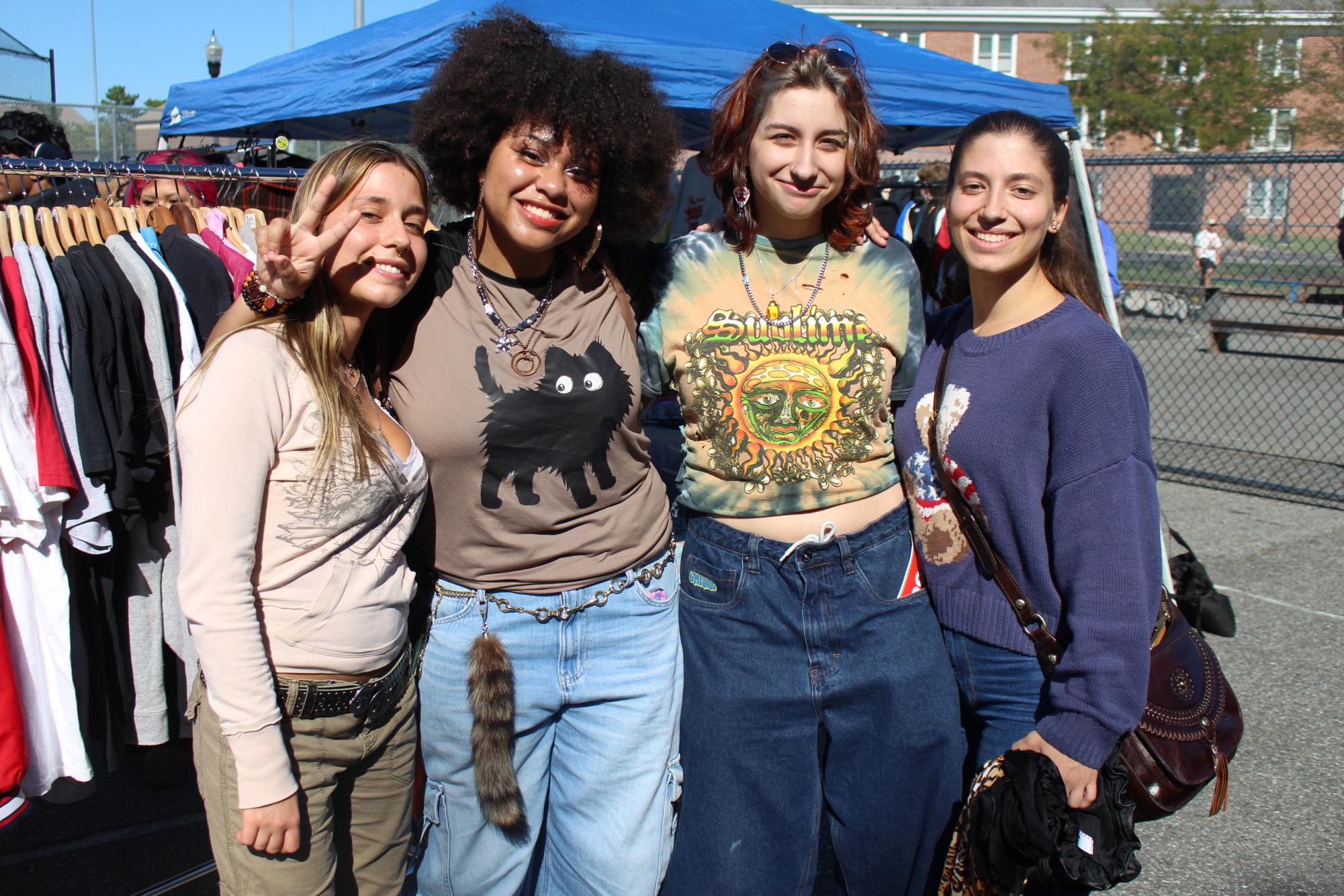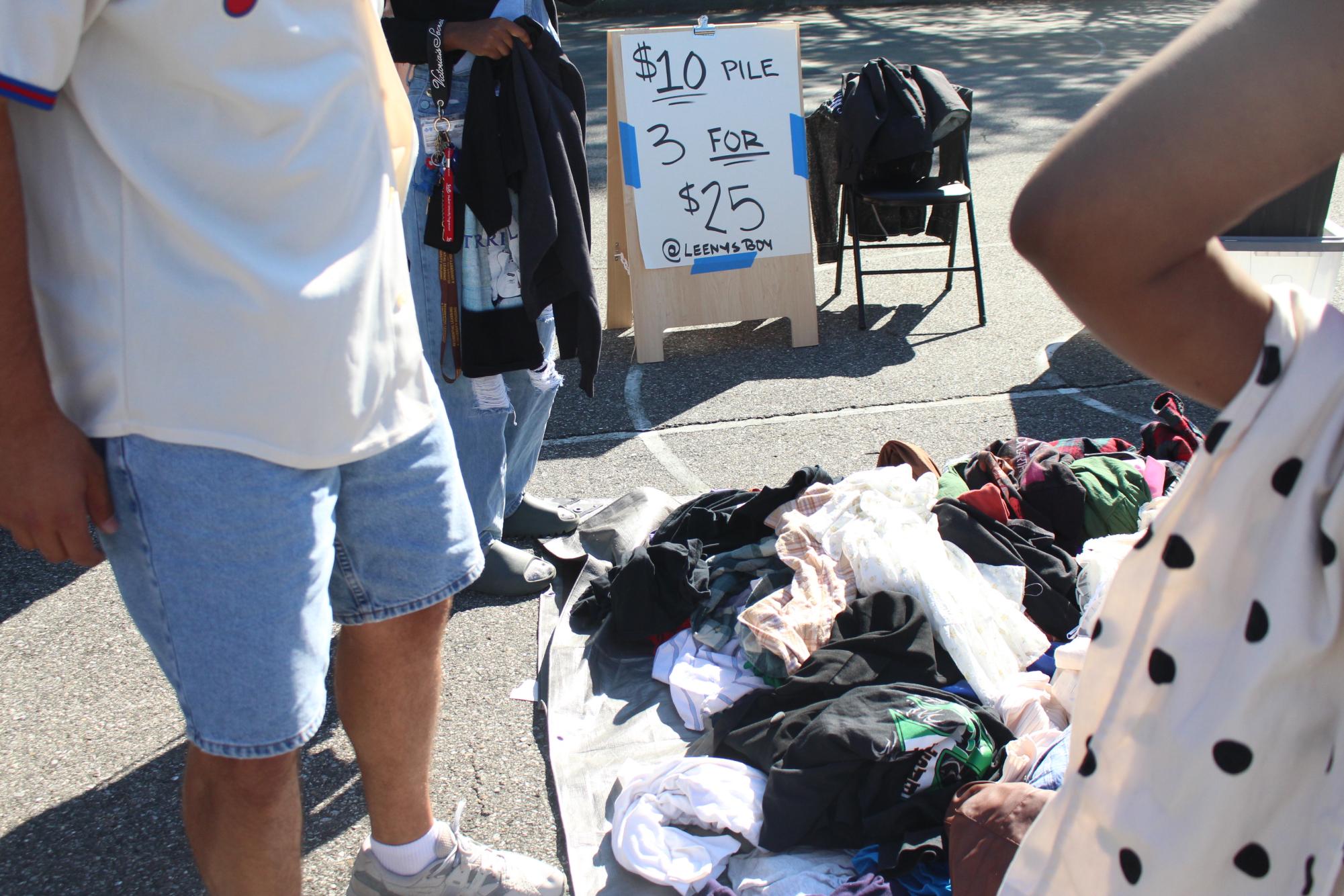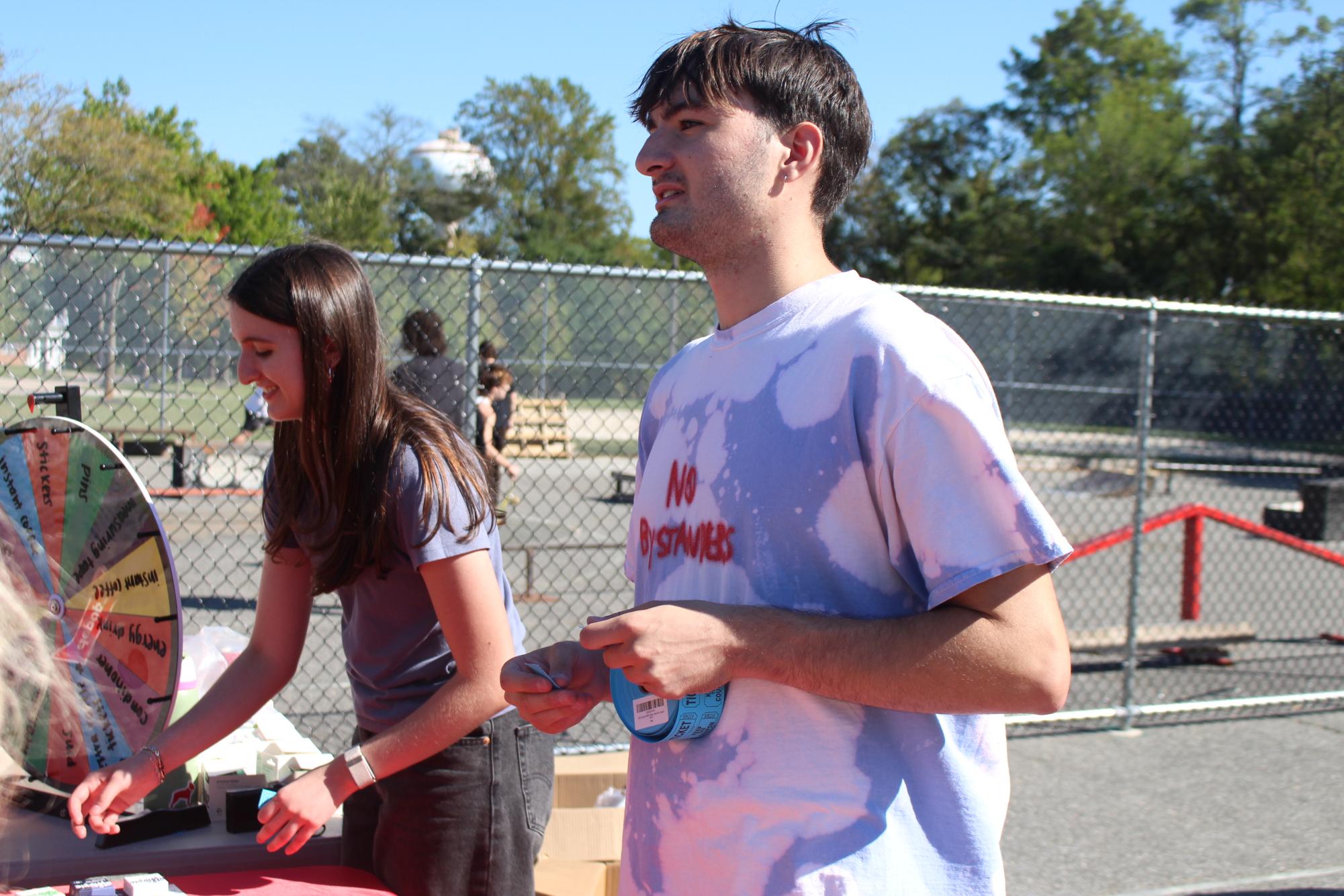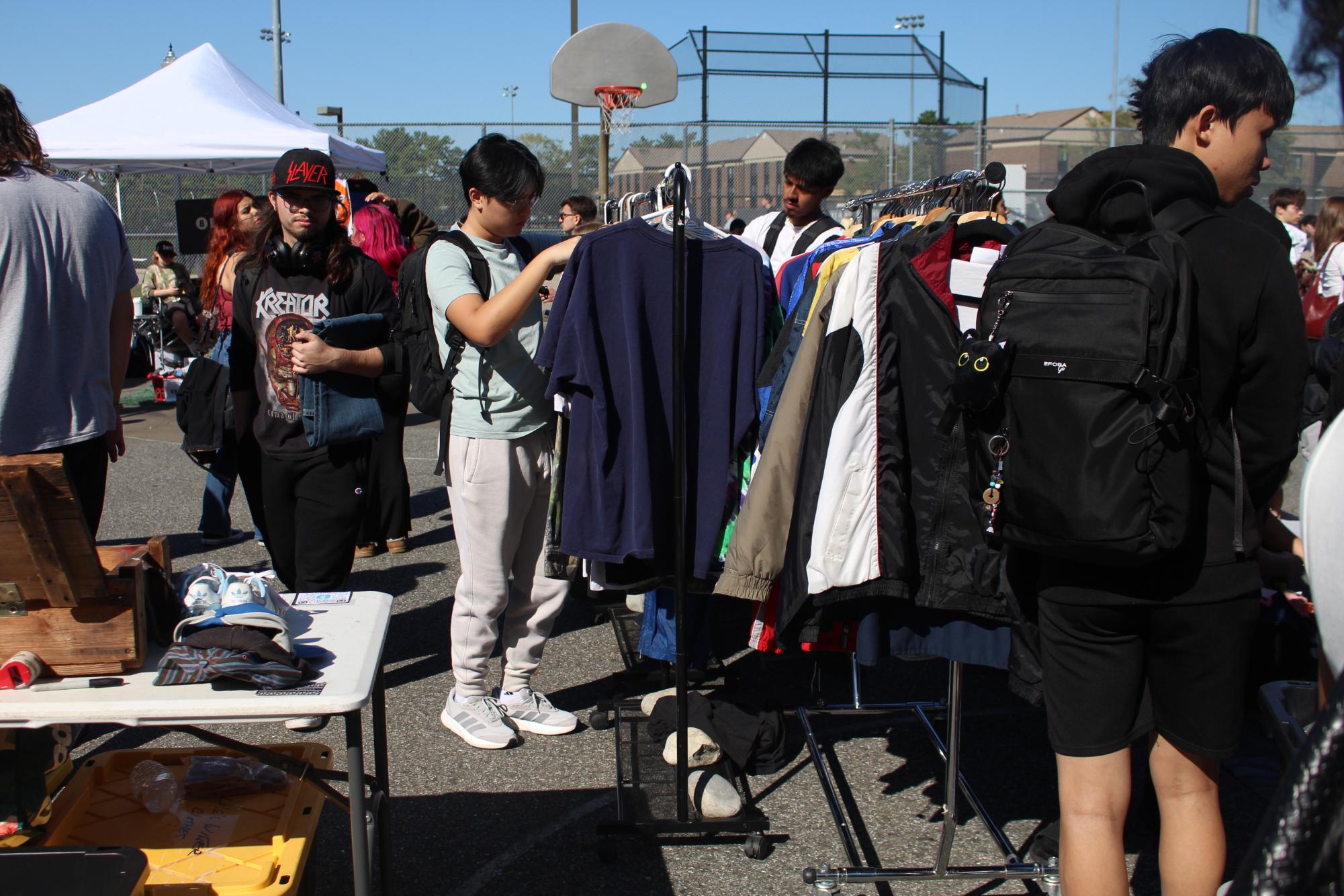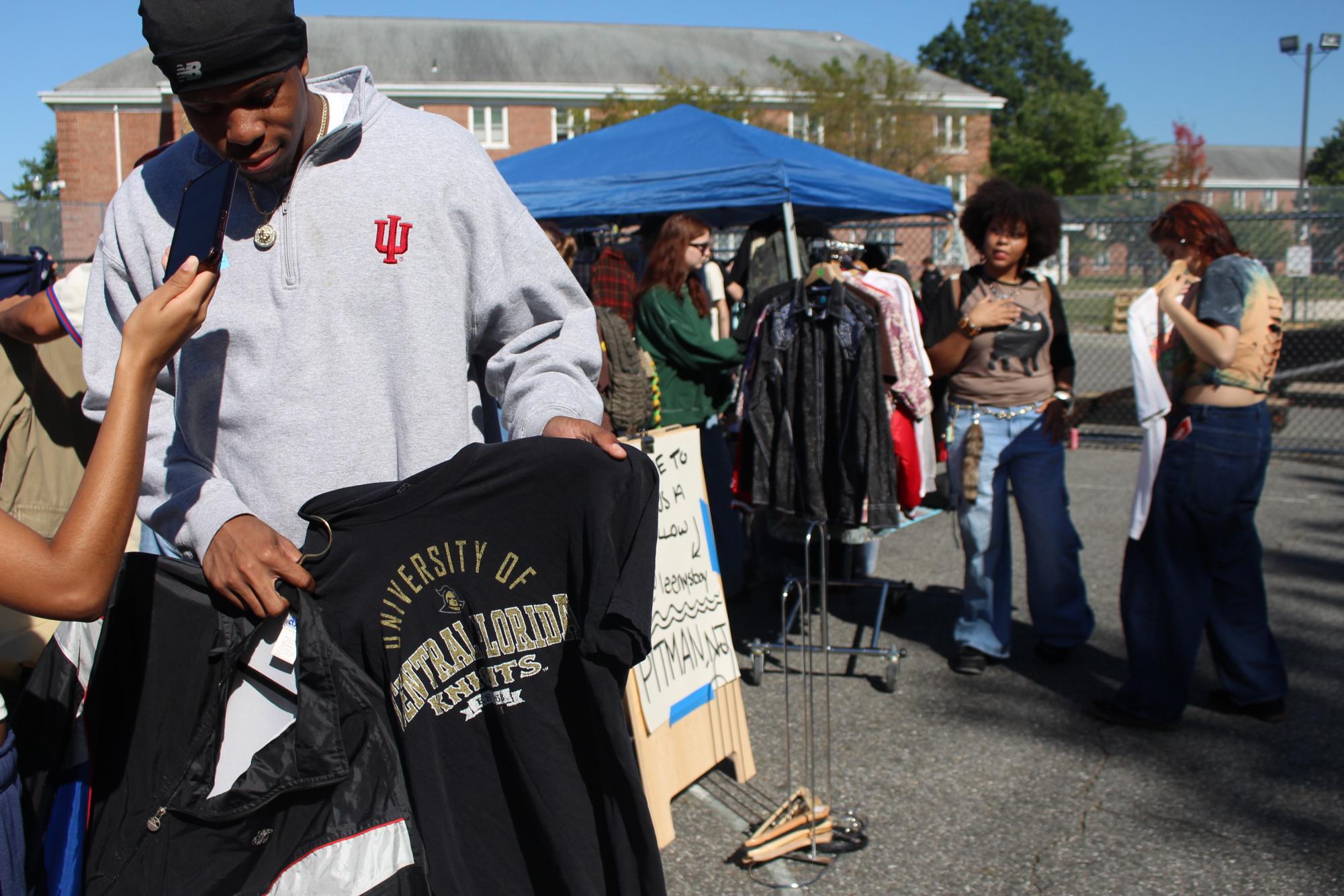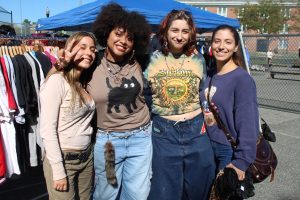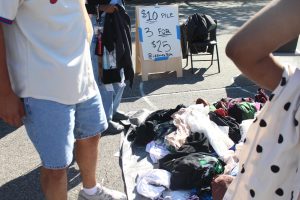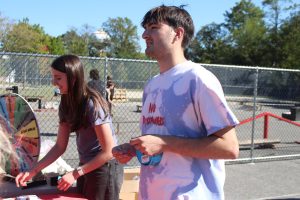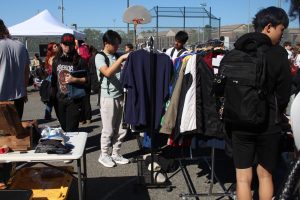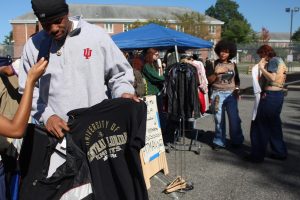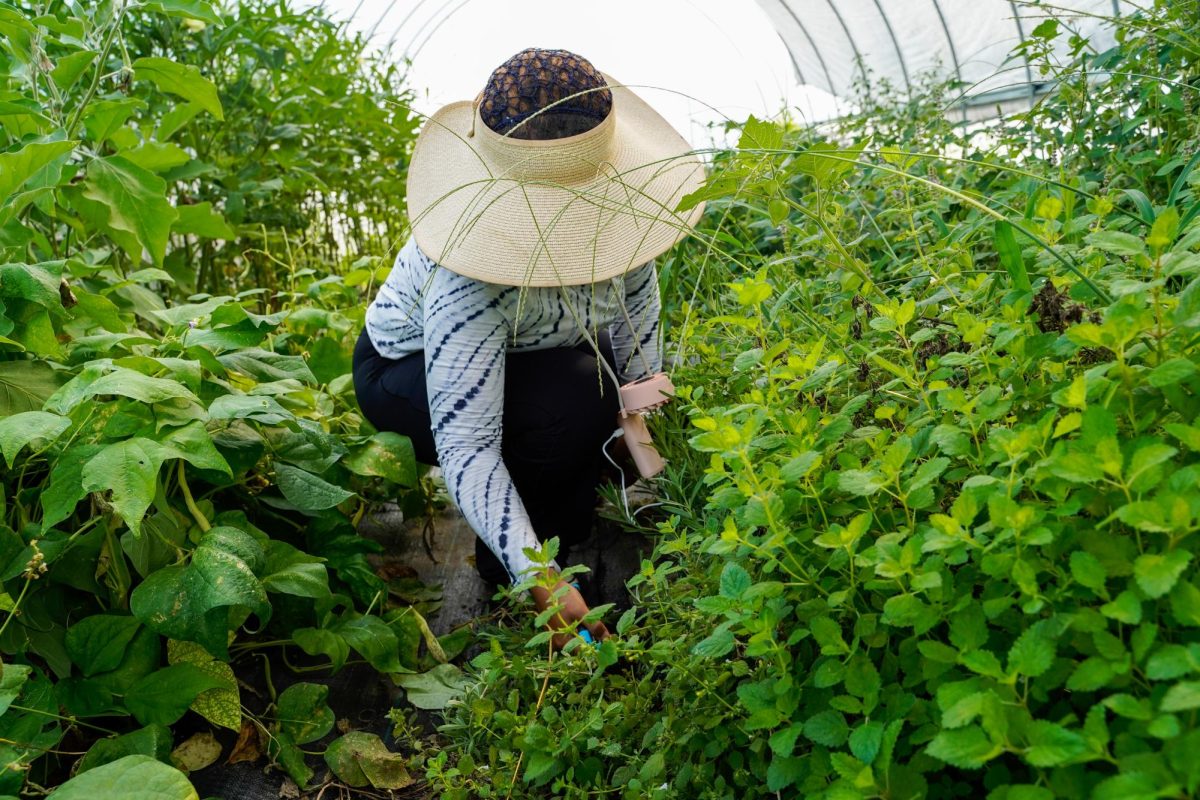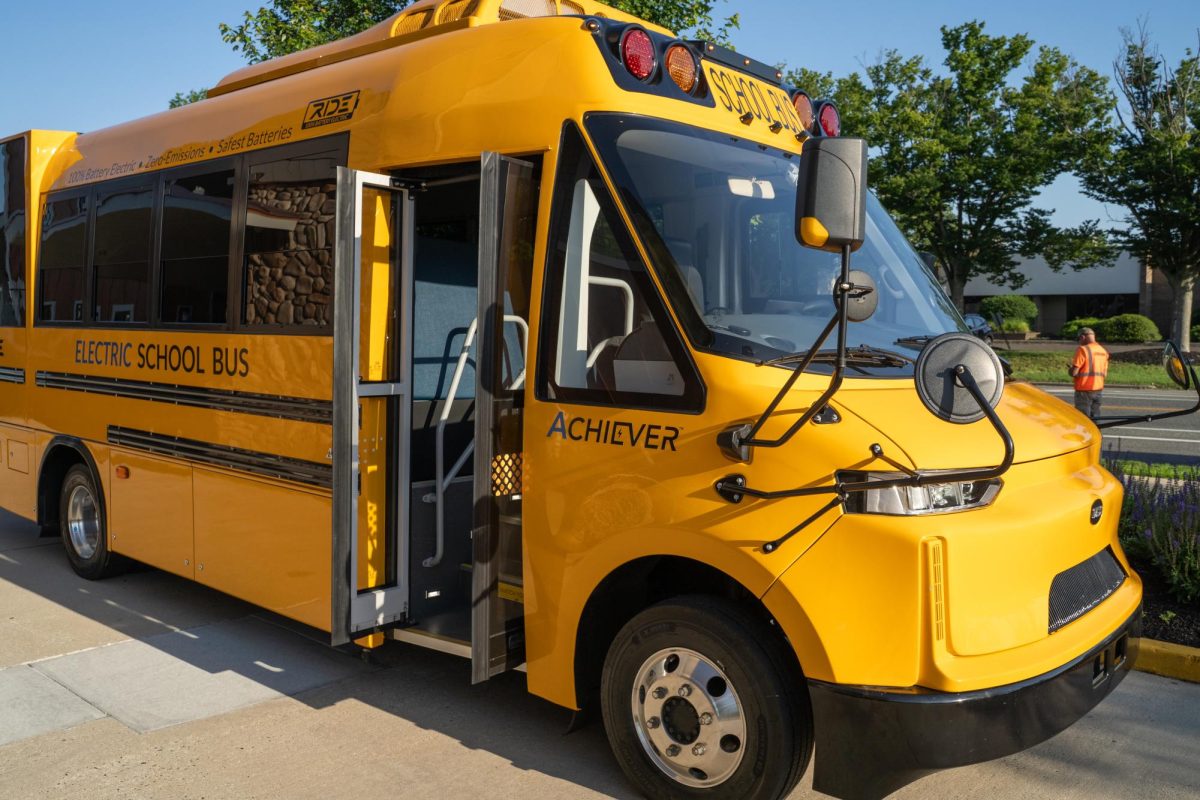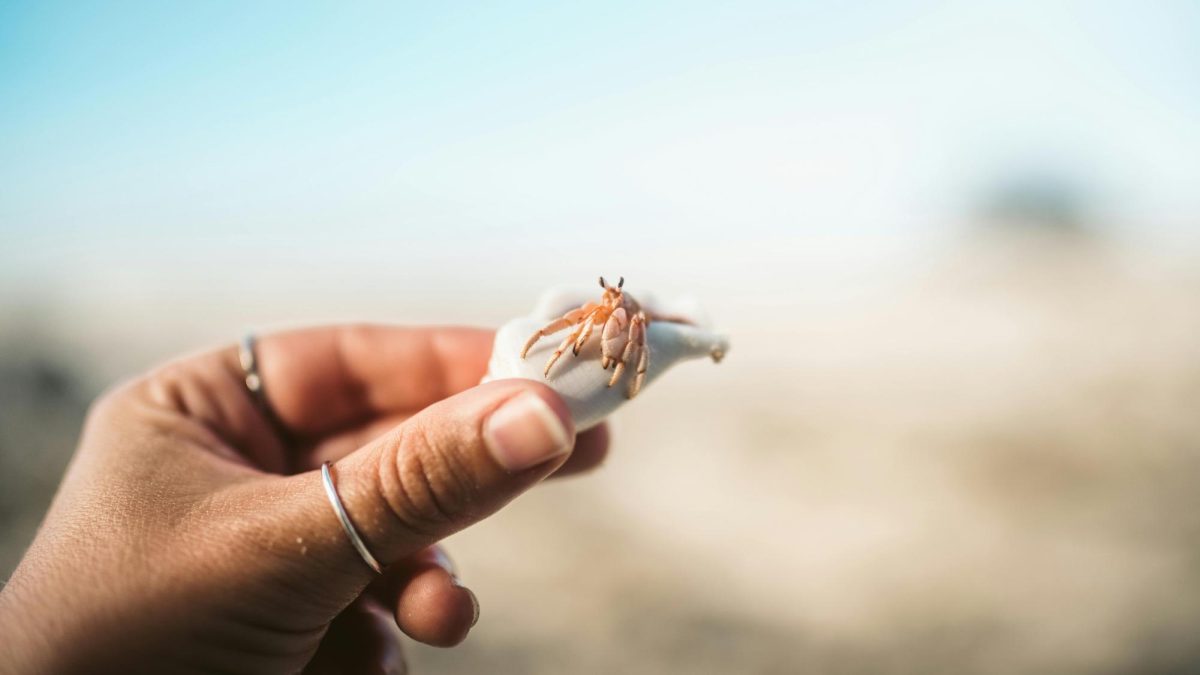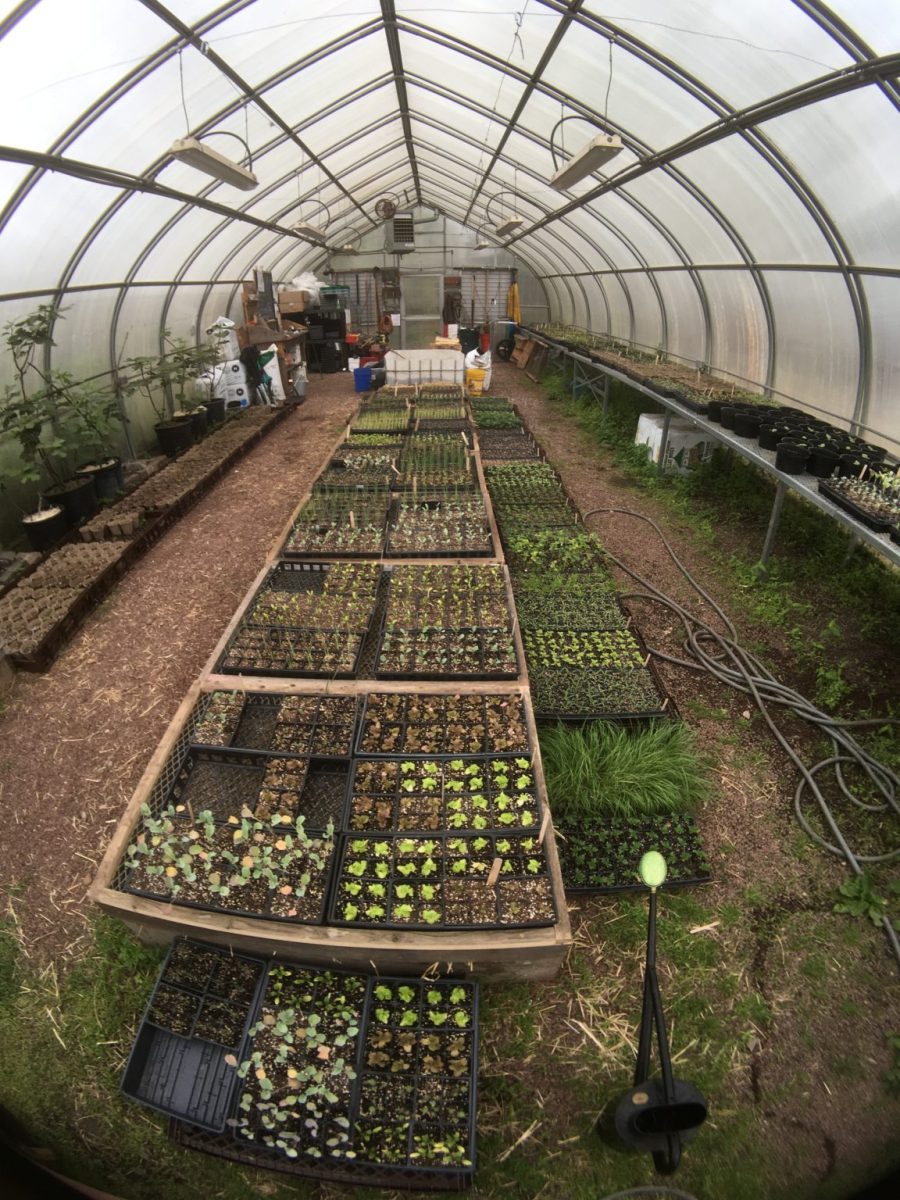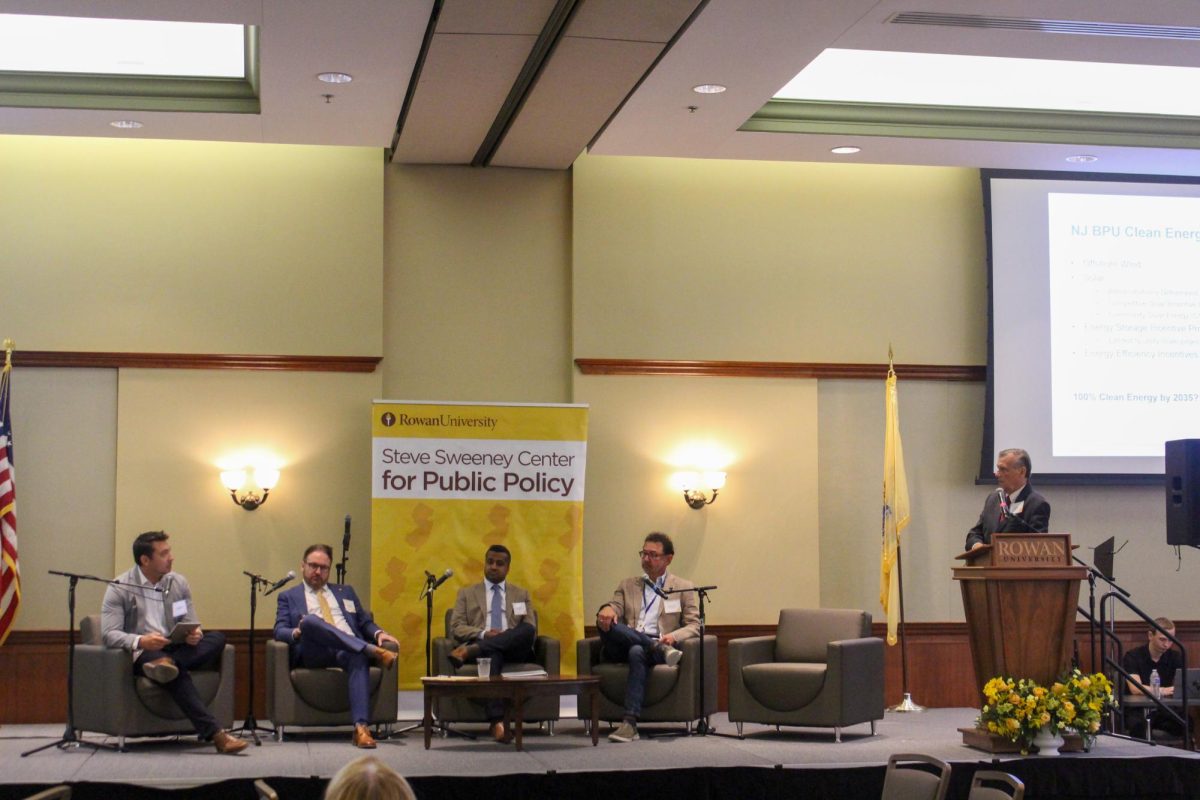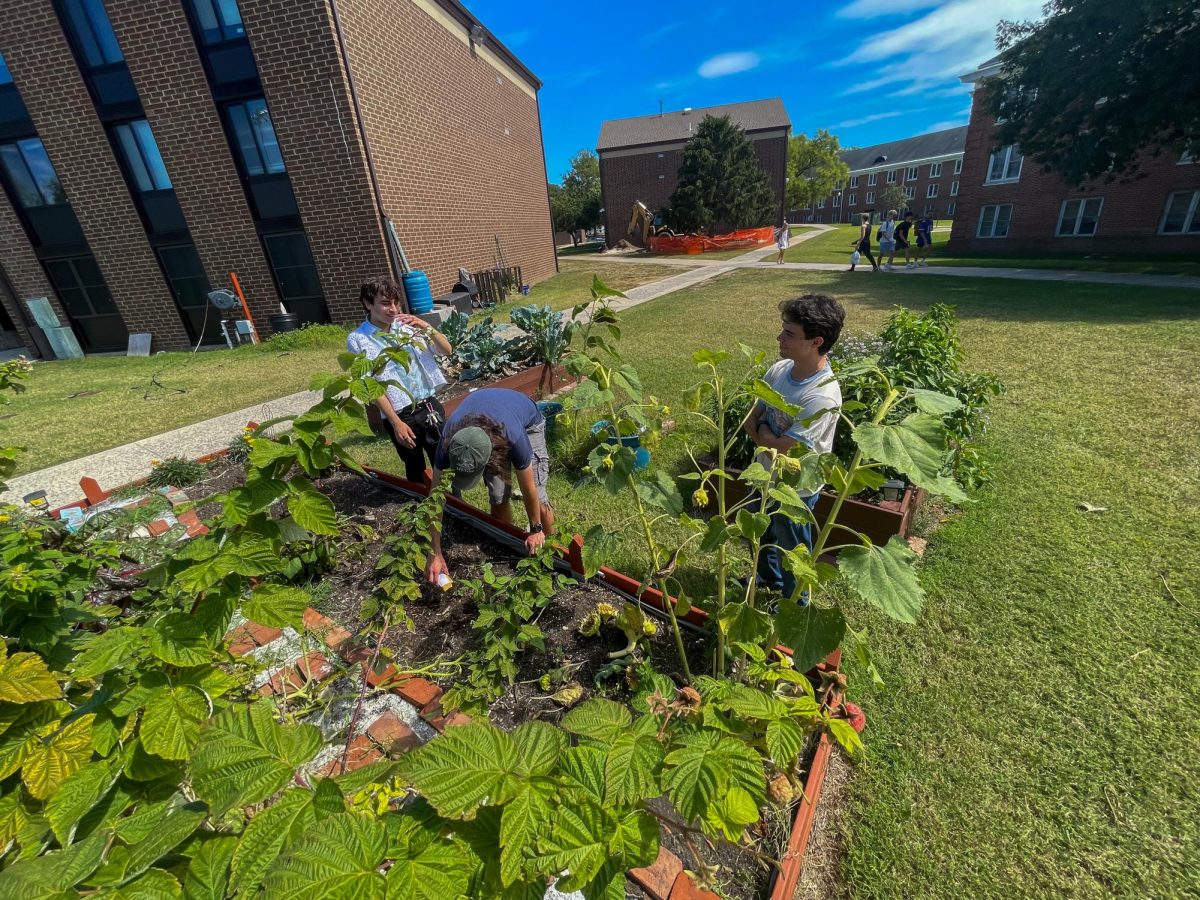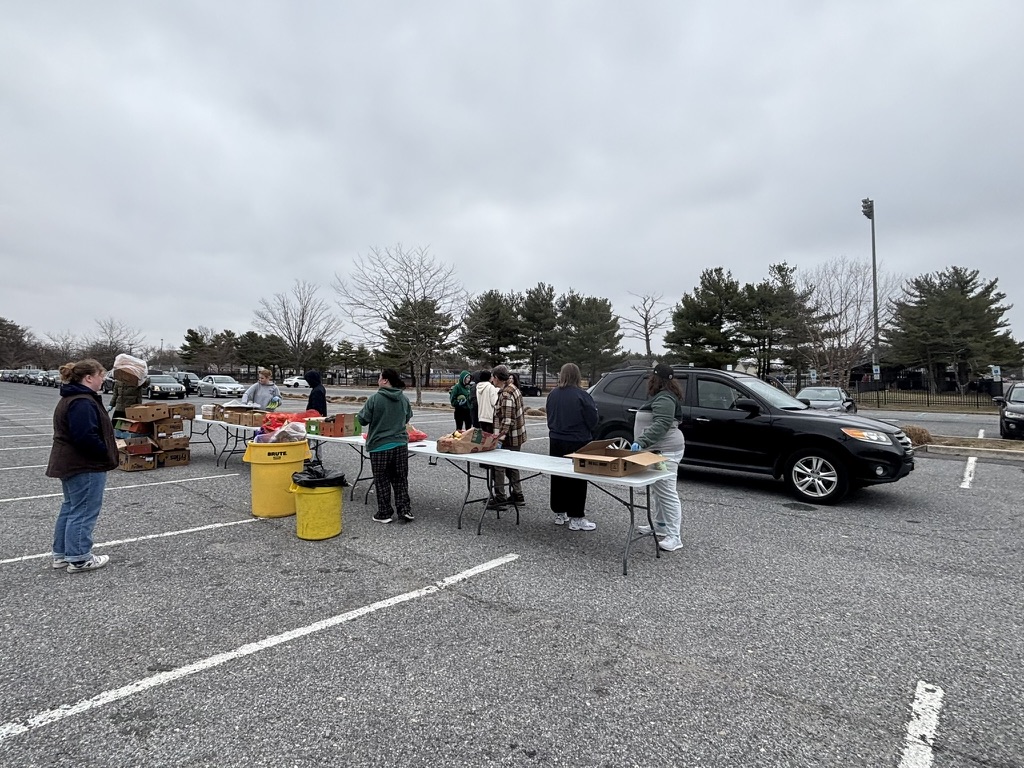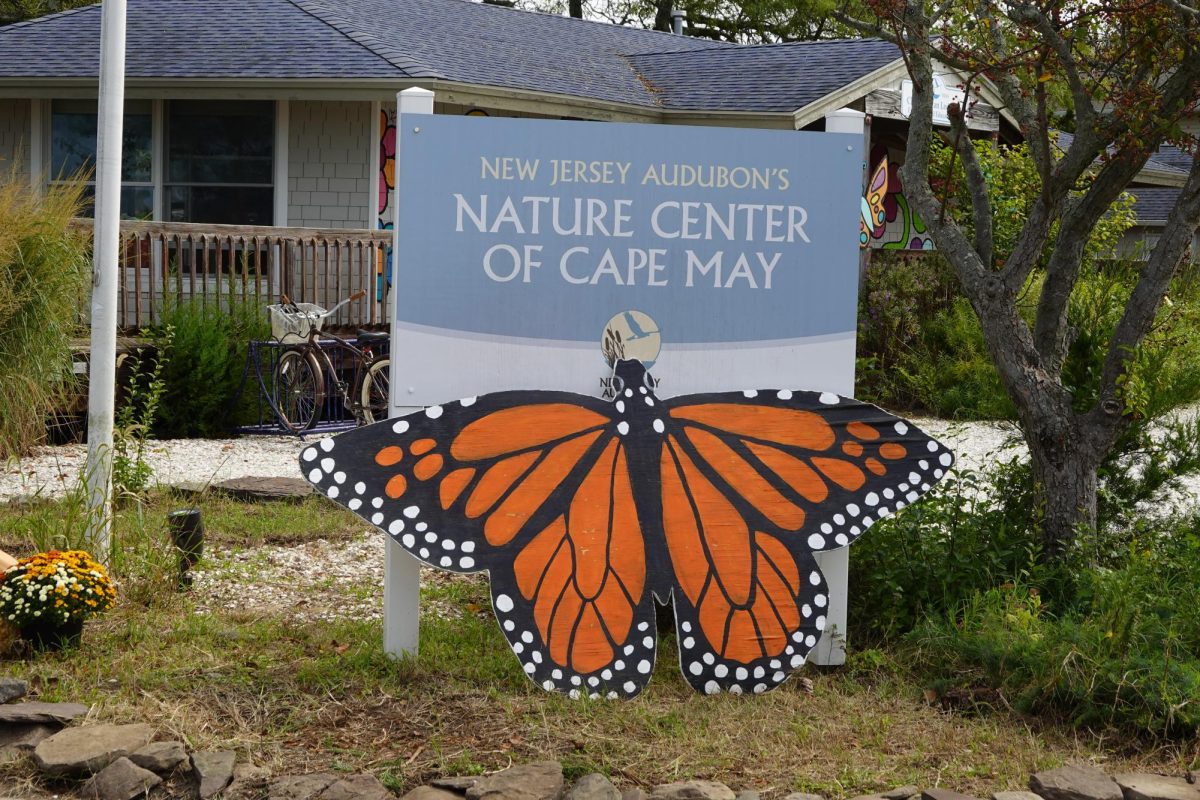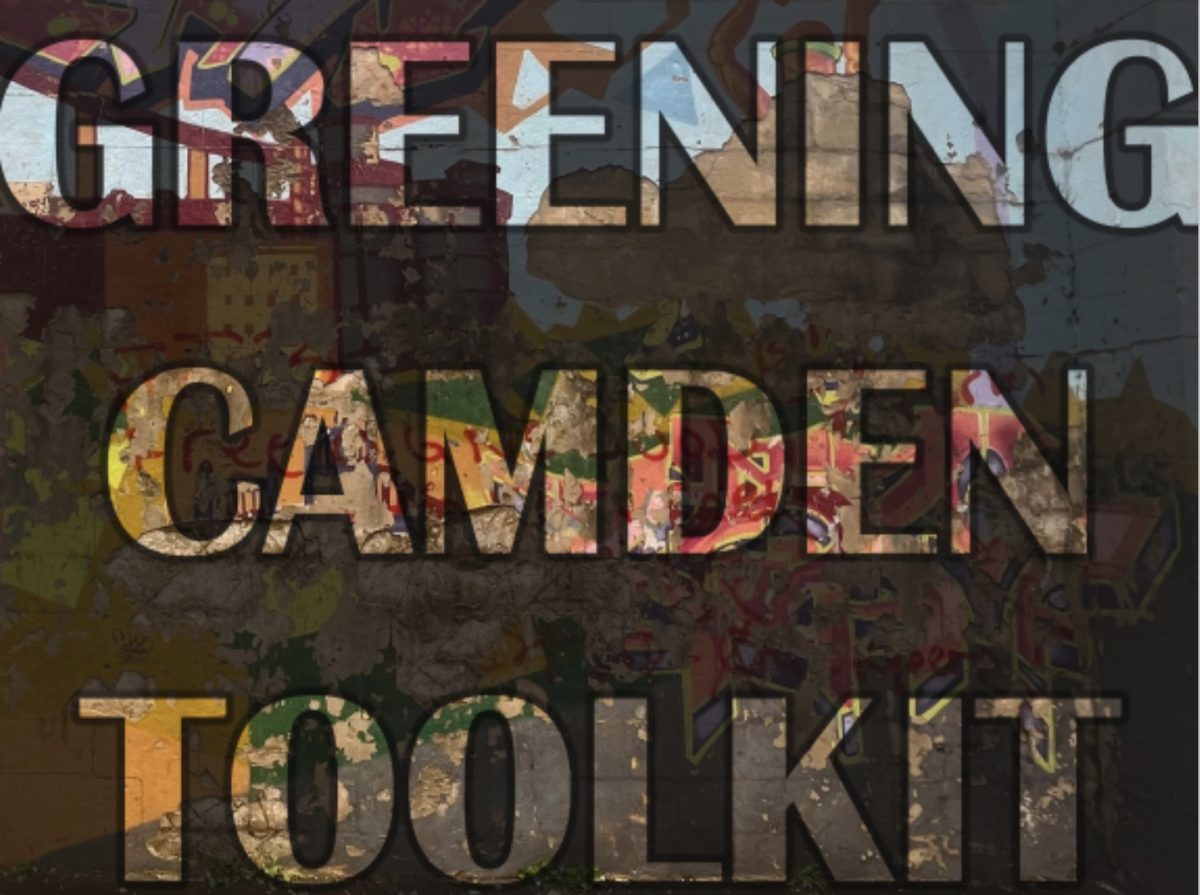As fast fashion faces more and more criticism, many young people are looking for new ways to combine style with sustainability. And with their help, online re-sell companies are creating the digital spaces that are redefining thrifting.
One of the most prominent is Depop, an online marketplace where people can buy and sell used clothing, that is dedicated to “making circular fashion more desirable and accessible to everyone.”
The company, which combines social media and e-commerce, experienced significant growth during the COVID pandemic. Today, Depop boasts that over 100 million clothing items have been given a second life through its platform.
Key to their success has been recruiting college students as “ambassadors,” who lead marketing campaigns, organize events, and create social media content for the company.
Last year, Depop said it partnered with students at over 150 universities across the country.
“Depop’s biggest message is that everything we want already exists,” said Sabria Yilmax, a biomedical engineering student at Rowan University who serves as a Depop ambassador. “By reusing and repurposing clothing, we reduce textile waste and slow down fast fashion’s impact on the planet.”
In early October, Yilmax along with other students from Rowan University hosted an “Earth Day is Everyday” thrifting event on campus.
Sponsored by the Rowan Skateboarding Club, this eco-conscious event centered around ten different vendors offering both secondhand and vintage clothing, like baseball caps, jerseys, and sports jackets. Attendees also had access to free giveaways that included totes, sewing kits, and personal care items.
Hunter Finer, a Rowan communication and psychology major and Depop campus brand ambassador, said the events are an active way to encourage sustainability.
“We could table and hand out flyers all day, but that’s not making an impact,” said Finer. “By bringing vendors to campus, we give people an opportunity to shop sustainably and see that secondhand fashion can be just as accessible and stylish.”
Depop campus brand ambassadors also pick the vendors for the event in a process that involves reaching out through social media to local sellers and creators. Both Yilmaz and Finer wanted to focus on promoting more women-focused brands this year.
One of those vendors included Anika Mittal, a 22-year-old Depop seller focused on selling thrifted clothing. Through both her Depop shop page, @anishop04, and in person shopping events, Mittal makes use of an overstocked closet. Mittal graduated in 2024, with a business management degree, and she puts that to use by selling handmade jewelry and crochet items.

“I buy way too many clothes than I need,” Mittal said. “It’s a lot easier to sell in person, because you don’t have to deal with shipping.”
Nathan Hugo, 25, is an MBA student who runs Tier Thrift, a secondhand streetwear and athletic apparel business. Hugo, who plans to graduate from his masters program in 2026, says his business began as a passion for collecting quality thrifted pieces.
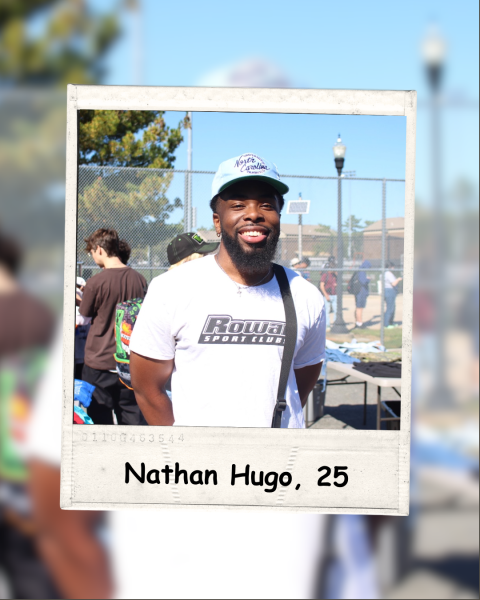
“I sell vintage apparel, mostly hoodies, pants, shoes, and shorts. Anything that fits the vintage or athletic vibe,” he said. “It’s all about giving clothes a second life.”
Hugo’s brand operates through Instagram, where he has over 3,000 followers, and connects with customers who are looking for sustainable clothing and alternatives to fast fashion.
Keeping thrifting accessible and affordable for young people was at the heart of this event.
“We don’t want people selling high-fashion labels like Chrome Hearts — no college kid should be buying that,” Finer said.As it has grown, Depop has faced some criticism that it has become just another part of consumer fashion culture. But the online retailers like Depop have also made it easier for people to thrift and to find the items they want.
According to Forbes, the percentage of consumer shopping second-hand grew to 58% in 2024, and is projected to continue growing over the next five years.
One attendee, 19-year-old Lindsey Gibbs, came from Farley Dickinson University in northern New Jersey to experience her first campus thrift-trip with some friends. Gibbs scored a vintage necklace and t-shirt and said it made it worth her trip.
“I’m having a lot of fun, I found a lot of cute stuff,” said Gibbs.

